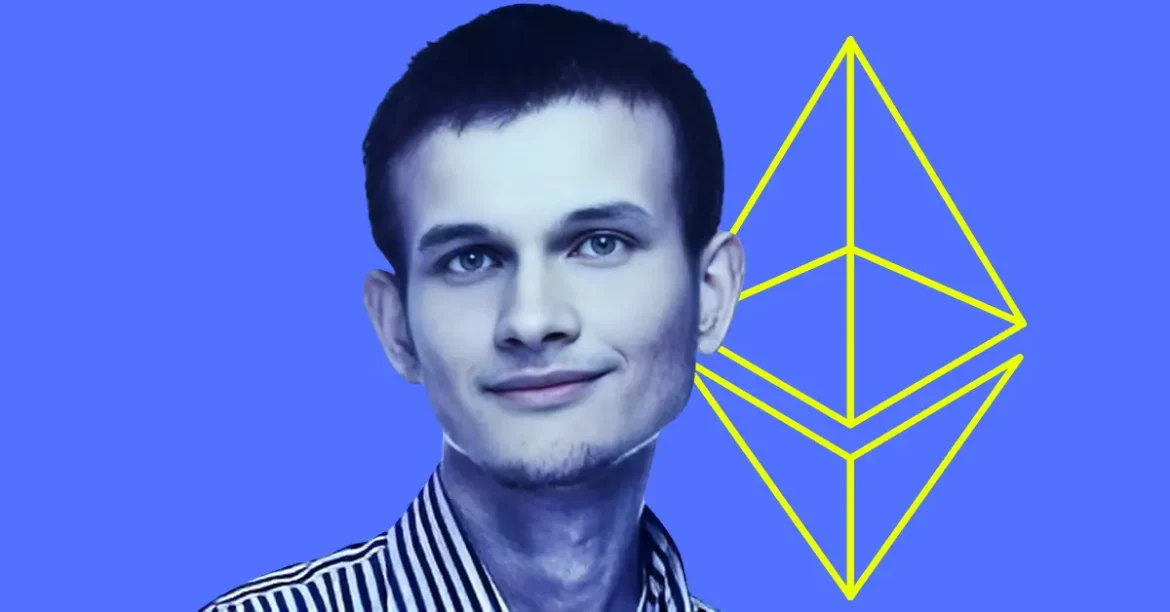The evolving discussions surrounding Ethereum and the broader cryptocurrency ecosystem often revolve around balancing innovation, usability, decentralization, and security. Vitalik Buterin, Ethereum’s co-founder, stands out as a pivotal voice warning against complacency amid rapid convenience gains, urging the community to prioritize sustainability, decentralization, privacy, and careful design. The collected information reveals multiple dimensions of Buterin’s perspectives, challenges facing crypto applications today, and the broader philosophical underpinnings shaping the future of blockchain technology.
The Trade-off Between Convenience and Decentralization
One recurrent theme in Buterin’s recent commentary is the concern over the creeping “too convenient” nature of crypto applications. As new tools simplify the user experience—such as wallets embedded directly into websites or simplified onboarding flows—Buterin cautions that excessive convenience risks undermining the core principle of decentralization. While smoother UX can fetch wider adoption, it may also lead to concentrated points of failure or control, such as reliance on centralized Remote Procedure Call (RPC) providers that threaten censorship resistance and openness.
This trade-off encapsulates a fundamental tension: decentralization requires redundancy, openness, and user control, which inherently demands some complexity and friction. Removing all friction might lure everyday users but could consolidate power and weaken blockchain’s intended anti-censorship and trust-minimized properties. Buterin’s warning thus urges developers and stakeholders to innovate thoughtfully, ensuring that better user experience does not mean centralized control or vendor lock-in.
Sustainability and Practicality in Crypto Applications
Buterin champions crypto applications that are not only decentralized but also sustainable and genuinely useful in real-world contexts. He favors decentralized exchanges (DEXes) and algorithmic stablecoins like RAI over more centralized or fiat-collateralized alternatives like USDC, which may be practical but less aligned with crypto’s decentralization ethos. His skepticism toward hype-driven projects and caution against short-lived trends reflect a desire for foundations that endure beyond speculative cycles.
Practical sustainability means building applications that users can rely on without sacrificing the foundational ethos of decentralization. This includes addressing scaling issues, transaction fees, and developer concerns about network congestion, as Buterin is actively working on Ethereum scalability fixes. By advocating these principles, he fosters an ecosystem where applications remain useful, open, and censorship-resistant over time.
Privacy and Security in a Changing Technological Landscape
Buterin highlights the increasing importance of privacy, especially in an age where artificial intelligence can threaten crypto users’ anonymity and data protection. Contrary to older assumptions that greater openness is universally positive, he emphasizes integrating robust privacy mechanisms within blockchain infrastructures. He warns against overloading Ethereum’s consensus layer and stresses avoiding reliance on monopolistic RPC providers that could censor or exclude users based on politics or geography.
Moreover, he has raised alarms about the vulnerabilities present in current crypto wallets, indicating they are not yet ready for mainstream adoption due to security concerns. This reflects a pragmatic acknowledgement that security and privacy deficits must be addressed in tandem with usability improvements.
Complexity and the Call for Simplification
Within the Ethereum community, concerns have surfaced about the ecosystem’s growing complexity—too many low-quality decentralized applications (dApps), network congestion, and confusing user interfaces. Buterin advocates for streamlining and simplification, arguing that a clearer, more user-friendly blockchain protocol and app environment can help unlock Ethereum’s potential and support further mainstream acceptance.
This mission challenges developers to rethink not just software design but also incentives and governance models to ensure healthier network states and more engaging user experiences without compromising decentralization principles.
Political and Social Dynamics Affecting Crypto
Buterin engages with the socio-political repercussions of cryptocurrencies, particularly warning about potential misuse such as “political tokens” enabling unlimited bribery or manipulation. He stresses that if cryptocurrency’s cultural or political orientation swings too far toward certain ideological extremes, it risks alienating its broader potential.
His nuanced stance suggests vigilance to maintain crypto as a broadly accessible, neutral technology rather than a tool co-opted by political agendas. This involves recognizing both the promise and risks of decentralized governance and tokenization affecting democratic processes.
The Promise of AI and Future Technological Integration
Despite warnings, Buterin expresses optimism about AI’s role in mitigating Ethereum’s biggest technical risks, such as enhancing scalability and improving privacy protections. He envisions AI working synergistically with blockchain technology to address current limitations, provided this integration preserves decentralization and user sovereignty.
His reflections indicate a forward-looking blend of caution and excitement, seeing emerging technologies as complementary rather than antagonistic when thoughtfully aligned.
—
Conclusion: Navigating the Delicate Balance for Crypto’s Future
Vitalik Buterin’s insights paint a vivid picture of the crossroads at which Ethereum and the entire cryptocurrency space currently stand. The push for convenience and broader adoption must be balanced carefully against the foundational ideals of decentralization, privacy, security, and sustainability. Buterin’s voice reminds developers, investors, and users alike that stripping away friction can introduce new vulnerabilities and concentrations of power that undermine the gospel of trustlessness and censorship resistance.
To realize the transformative promise of cryptocurrencies, the ecosystem must prioritize durable, thoughtfully constructed applications and protocols. This includes tackling scalability, reducing complexity, safeguarding privacy, and resisting harmful centralization trends. Further, integrating new technological advances like AI offers exciting solutions—but only if approached with a deliberate eye on preserving the decentralized ethos.
In essence, the future of Ethereum and crypto hinges on embracing complexity prudently, wielding convenience judiciously, and fostering resilient systems adaptable enough to withstand evolving technical, social, and political challenges. Vitalik Buterin’s balanced approach underscores that successful mainstream adoption will emerge not from shortcuts, but from sustained innovation rooted in core principles.





